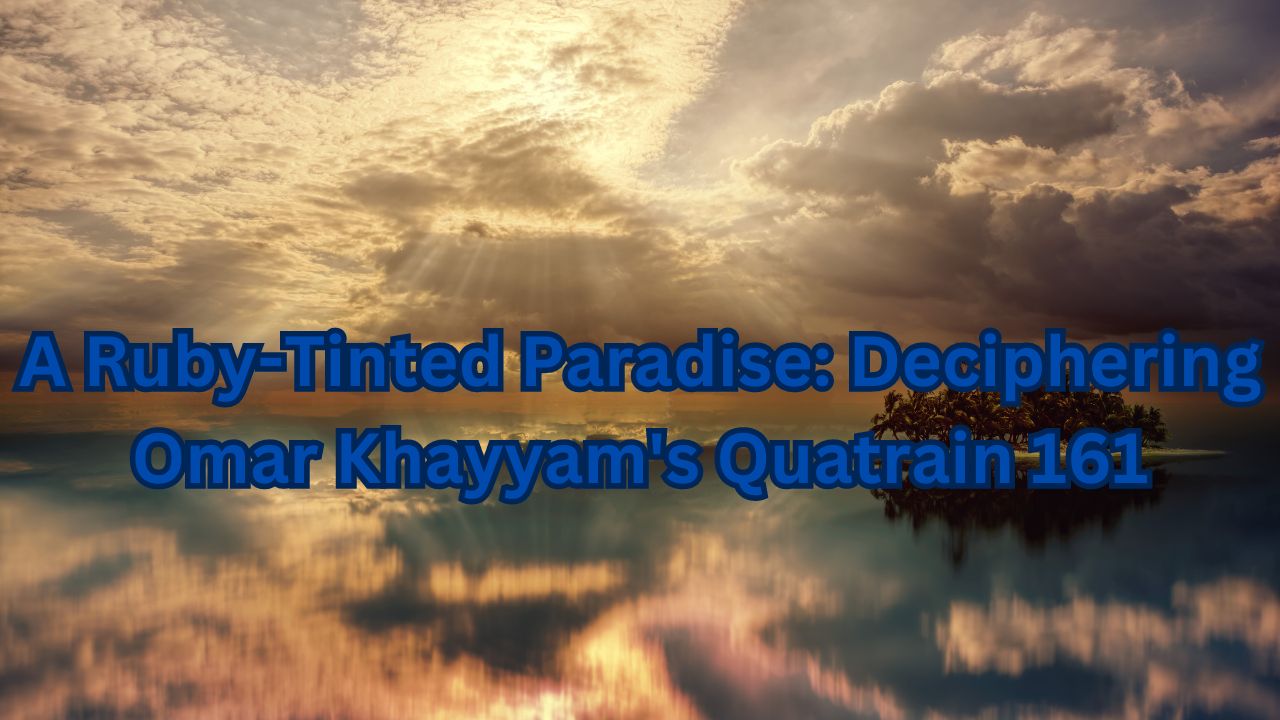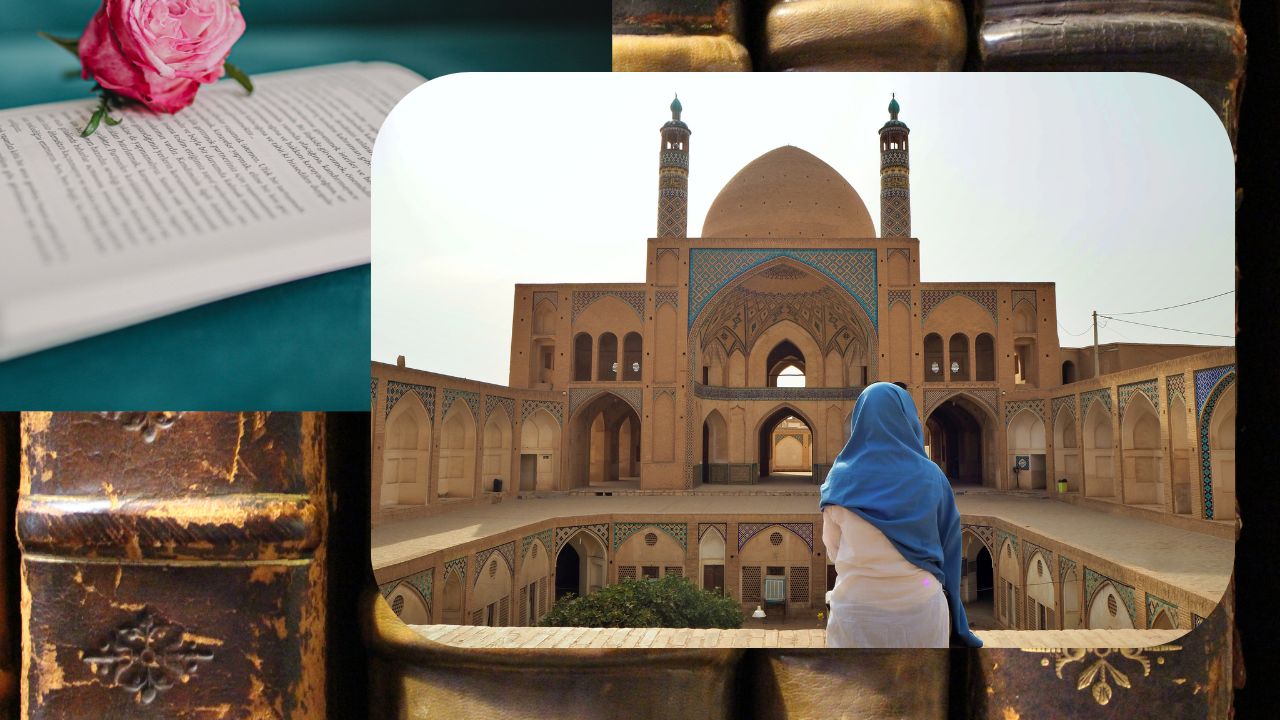Omar Khayyam, the renowned Persian poet and philosopher, has captivated readers for centuries with his profound and often enigmatic quatrains. One such verse, number 161 from the Rubaiyat, invites us into a world of contemplation on life, pleasure, and the pursuit of meaning.
ایدل تو به اسرار معما نرسی
در نکته زیرکان دانا نرسی
اینجا به می لعل بهشتی میساز
کانجا که بهشت است رسی یا نرسی
O heart, you will never reach the secrets of the riddle,
Nor penetrate the subtleties of the wise and knowledgeable.
Here, with ruby wine, you create your own paradise,
Whether or not you reach the heavenly paradise beyond.
A Quest for Meaning
At its core, this quatrain poses a fundamental question: Can we truly comprehend the grand mysteries of existence? Khayyam suggests that the human mind is limited in its capacity to grasp the ultimate truths of the universe. The "riddle" and the "subtleties of the wise" symbolize the elusive nature of knowledge and wisdom.
Yet, rather than being disheartened by this intellectual limitation, Khayyam invites us to focus on the present moment and the pleasures it offers. The "ruby wine" serves as a metaphor for life's joys and sensory experiences. By indulging in these pleasures, we create our own "paradise," a state of contentment and fulfillment.
Earthly Paradise vs. Heavenly Bliss
A central theme in the quatrain is the juxtaposition of earthly and heavenly paradises. The question arises: Is the pursuit of a celestial afterlife worth sacrificing the pleasures of this world? Khayyam seems to suggest that while the existence of a heavenly paradise remains uncertain, we possess the power to create our own haven here on earth.
This philosophy resonates with the concept of carpe diem – seizing the day. It encourages us to appreciate the beauty and fleeting nature of life, rather than postponing happiness for a hypothetical future reward.
Beyond the Quatrain
Khayyam's quatrains continue to inspire and provoke thought centuries after they were written. His emphasis on living fully in the present moment and finding joy in simple pleasures offers a refreshing perspective on life's complexities.
While the quest for ultimate truths may be an ongoing pursuit, Khayyam reminds us that finding happiness and meaning in the here and now is within our reach.
What are your thoughts on this quatrain? Do you agree with Khayyam's perspective on life and pleasure? Share your insights in the comments below.





